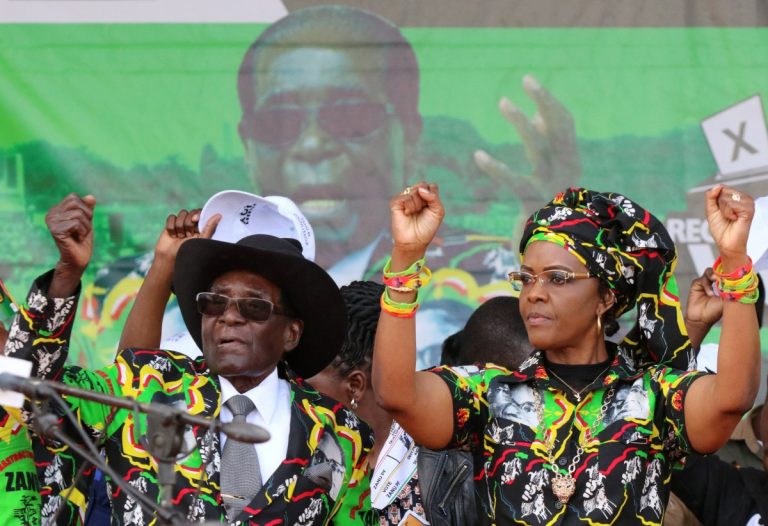
Zimbabwe’s government announced plans on Wednesday to build a science and technology university in honour of its long-serving President Robert Mugabe, in a move deemed “populism that defies logic” by the opposition.
In a move promptly criticised by the main opposition party Movement for Democratic Change (MDC) as a waste of resources, the country’s Tertiary Education Minister Jonathan Moyo said the university would pay tribute to Mugabe’s “commitment to education and his exemplary leadership.”
The 93-year-old was a revolutionary against white minority rule and has been the president of Zimbabwe since 1987. The Telegraph reported the new university will be built on land seized by Mugabe’s wife from an elderly white couple in 2002, 36km from the capital city Harare.
“Cabinet has approved a grant of US$800 million towards the construction of the Robert Gabriel Mugabe University and a grant of US$200 million towards the University Endowment Fund for research and innovation,” Moyo said as quoted by Reuters.
MDC spokesman Obert Gutu told the newswire, “This is populism that defies logic. It is meant to stroke Mugabe’s ego because we know this government is broke.”

An illegal money changer holds bond notes outside a bank in Harare, Zimbabwe, Aug 2, 2017. Source: Reuters/Philimon Bulawayo
Unemployment in Zimbabwe is astronomical at around 95 percent, with its annual GDP per capita estimated to be around only US$600 or US$700.
Forbes wrote in May:
“Effectively, in the modern sense, Zimbabwe doesn’t actually have an economy anymore.”
The government’s public service wage bill accounts for a whopping 97 percent of expenditure, reported The Zimbabwe Mail, leaving little in the coffers for education, roads or other infrastructure.
The International Monetary Fund recently urged Zimbabwe to cut government spending over fears of further fuelling inflation.
The country struggled with hyperinflation for almost two decades, which reached 500 billion percent, until Zimbabwe abandoned its own currency in 2009.
Last year, drought caused some four million of its population to require food aid.







